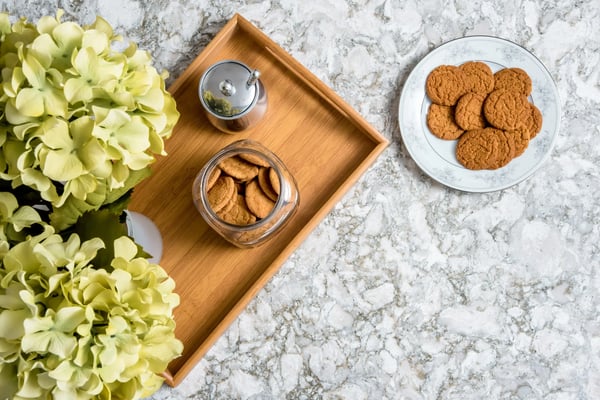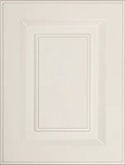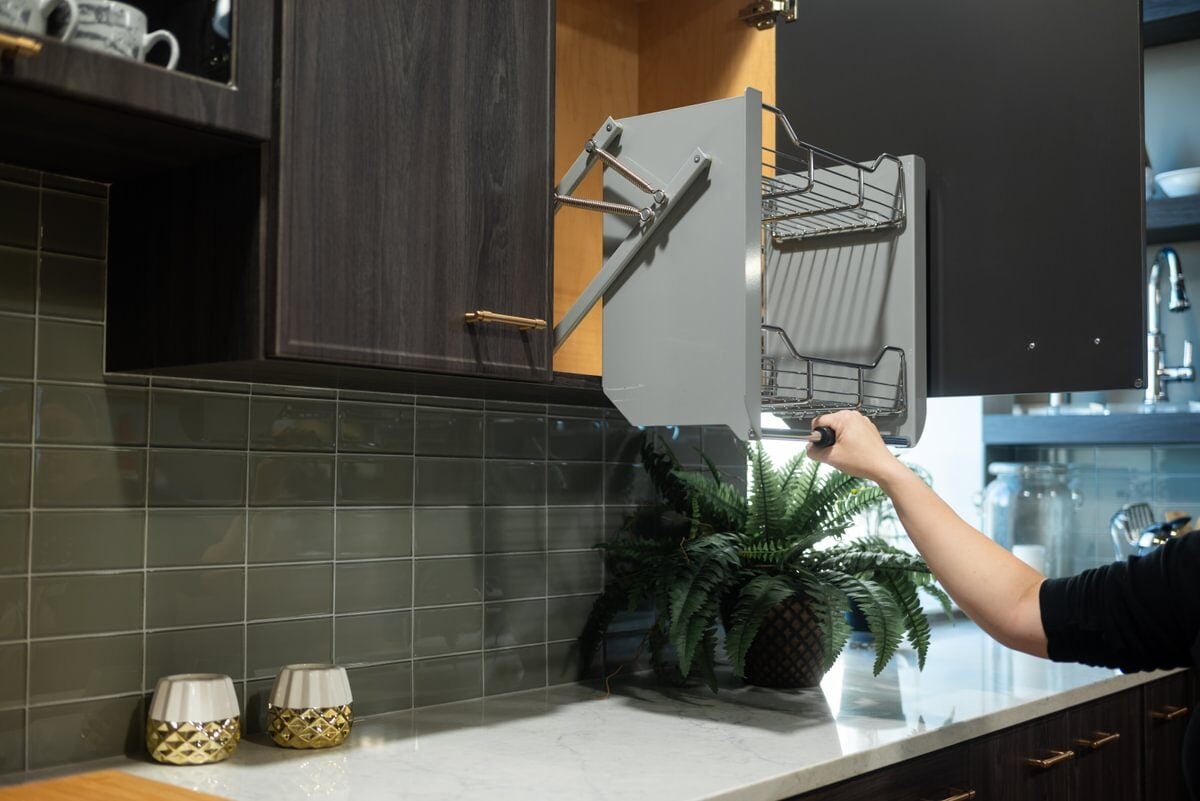
Granite has been a crowd favorite for countertops for a very long time. But did you know that there are better choices than granite for a kitchen countertop? Granite has a number of drawbacks that you need to keep in mind.
The Benefits of Quartz Countertops Over Granite
- Superior Durability and Strength
- Quartz countertops are engineered using approximately 90–93% natural quartz crystals mixed with resins, making them even harder and more resilient than granite
- This composition results in a surface that is highly resistant to scratches, chips, and cracks-outperforming granite, which can be more brittle, especially along the edges.
- Non-Porous and Hygienic
- Unlike granite, which is naturally porous and must be sealed regularly to prevent stains and bacteria, quartz is non-porous and never needs sealing.
- This means spills, moisture, and bacteria can’t penetrate the surface, making quartz a more hygienic and safer option for kitchens and bathrooms.
- The non-porous nature of quartz also makes it naturally resistant to mold and mildew, a significant advantage over granite.
- Low Maintenance
- Granite countertops require ongoing maintenance, including annual or even semi-annual sealing to maintain their stain resistance and appearance.
- Quartz, on the other hand, is virtually maintenance-free. Cleaning requires only mild soap and water-no special cleaners or sealants needed.
- Consistent Beauty and Design Flexibility
- Quartz is engineered for consistency, offering a uniform appearance across slabs. If you want a specific color or pattern, quartz delivers exactly what you expect, whereas granite’s appearance can vary greatly from slab to slab.
- Quartz comes in a vast range of colors and styles, including options that mimic the natural veining of marble or granite, as well as bold modern hues.
- This flexibility allows you to achieve any design vision, from sleek and contemporary to classic and elegant.
- Stain and Chemical Resistance
- The resin binders in quartz make it highly resistant to staining from common kitchen substances like wine, coffee, and oils-unlike granite, which can absorb stains if not properly sealed.
- Quartz also resists damage from household chemicals and cleaning agents, making it a practical choice for busy kitchens.
- Environmentally Responsible Options
- While granite is a natural stone, its extraction and transportation can have significant environmental impacts, including habitat destruction, high energy use, and carbon emissions from shipping heavy slabs overseas.
- Many quartz manufacturers, such as HanStone, are committed to sustainable practices, recycling water in production and ensuring low chemical emissions.
- Long-Term Value
- Quartz countertops are often priced similarly to granite, but their superior durability and lack of ongoing maintenance make them a better long-term investment.
- Many quartz brands offer extensive warranties, sometimes even lifetime coverage, reflecting the material’s reliability and longevity.
Addressing Granite’s Drawbacks
- Porosity: Granite’s natural pores can harbor bacteria and allow liquids to seep in, leading to stains and potential mold growth.
- Maintenance: Regular sealing is required to maintain granite’s appearance and hygiene, often involving chemicals that release VOCs into your home.
- Environmental Impact: Granite is typically quarried overseas and shipped long distances, increasing its carbon footprint. The quarrying process can also cause habitat destruction and water pollution.
- Inconsistent Appearance: Each granite slab is unique, which can be a challenge if you want a uniform look across your kitchen.
Why Choose Quartz?
Quartz is as beautiful as granite, and the added benefit of color consistency-hassle free (unlike granite). Quartz is non-porous, it is heat-resistant, stain and bacteria resistant. This countertop achieves a high level of durability without the need for sealant.
In summary:
Quartz countertops offer unmatched durability, effortless maintenance, superior hygiene, and design flexibility that granite simply can’t match. With comparable pricing and a lower environmental impact when sourced from responsible manufacturers, quartz is the smart, stylish, and practical choice for modern kitchens.








